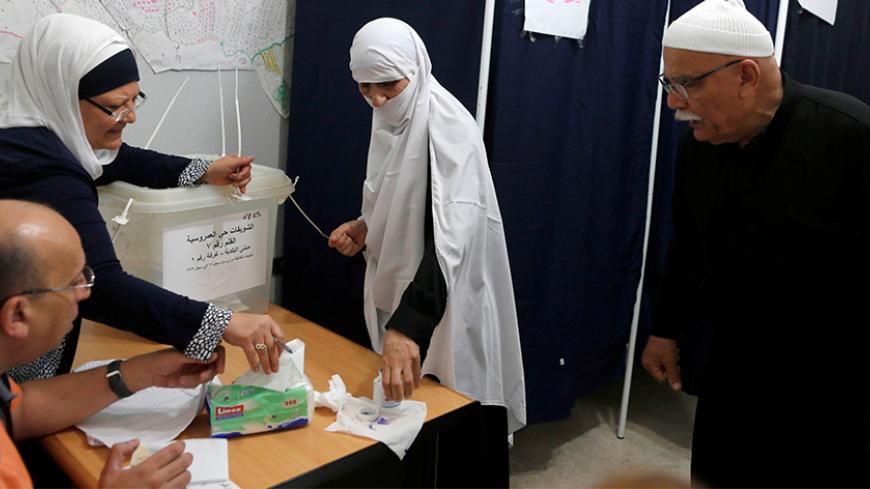Unlike Jacques Chirac of France, Mahmoud Ahmadinejad of Iran, Recep Tayyip Erdogan of Turkey, Ehud Olmert of Israel and other presidents, no head of a municipality in Lebanon has moved on to a senior-level national government position, let alone the presidency. Today, more than two years into the Lebanese presidential void, could the recent municipal elections ironically lead to the election of a president of the republic.
Between May 8 and May 29, Lebanon conducted four phase municipal elections that engaged Lebanese voters in some 1,015 municipalities, in cities, towns and villages. This figure alone explains the intense mobilization surrounding the elections, which included more than 30,000 candidates. Further heightening mobilization efforts was that the elections were held almost three years after the cancellation of parliamentary elections and the parliament’s extension of its mandate as its term ended in June 2013. Longing to cast their votes amid the mobilization generated by the municipal elections, the Lebanese turned the implications of this milestone into indicators that cannot be overlooked: that it is possible to hold elections in Lebanon today and that the traditional parties and forces face a crisis among their popular bases.



